MMW
1/75
Earn XP
Description and Tags
Mathematics in the Modern World - EE
Name | Mastery | Learn | Test | Matching | Spaced | Call with Kai |
|---|
No analytics yet
Send a link to your students to track their progress
76 Terms
Pattern
is an arrangement that helps us anticipate what comes next.
Logic Patterns
The most basic patterns, involving classification and enumeration.
Word Patterns
Found in language, such as grammar rules (e.g., forming plurals, verb tenses) and sentence structure.
Geometric Patterns
Motifs or designs using abstract shapes like lines, polygons, and circles (e.g., wallpapers, tiles).
Number Patterns
Sequences of numbers governed by a specific rule (e.g., Pascal's Triangle).
Symmetries
is created by transformations, which move a figure without changing its size or shape.
Transformation
It is a correspondence where we can pair each point of a figure (object) with exactly one point of its image on a Euclidean plane and vice versa.
Reflection (Bilateral Symmetry)
Mirrors a figure across a line.
Rotation (Radial Symmetry)
Turns a figure around a central point.
Translation
Slides a figure a certain distance in a specific direction.
Glide Reflection
A combination of a translation and a reflection.
Rosette Patterns
Have rotation and/or reflection but no translation. They are fixed around a center point.
Rosette Pattern (Cyclic)
Only has rotational symmetry.
Rosette Pattern (Dyhedral)
Has both rotational and reflectional symmetry.
Frieze Patterns
Patterns that repeat in a single direction.
Mathematician John Conway
Created the 7 names relating to footsteps
Footstep - Hop
This pattern only involves translation. (f)
Footstep - Step
It is also called glide reflection symmetry (f)
Footstep - Siddle
It consists of translation and vertical reflection (f)
Footstep - Spinning hop
It contains translation and rotation (by a half-turn or rotation 180° angle) symmetries (f)
Footstep - Spinning Siddle
It contains translation, glide reflection and rotation (by a half-turn) symmetries (f)
Footstep - Jump
It contains translation and horizontal reflection symmetries (f)
Footstep - Spinning Jump
It contains all symmetries (translation, horizontal & vertical reflection, and rotation). (f)
Wallpaper Patterns
Patterns that repeat in two different directions, covering an entire plane. There are 17 distinct types.
Tessellations (Tiling)
Patterns of repeating figures that cover a plane without any gaps or overlaps, like a honeycomb.
Tessera
the latin word that tesselation comes from and means "Square tablet"
Fibonacci Sequence
A sequence where each number is the sum of the two preceding ones. It starts: 0, 1, 1, 2, 3, 5, 8, 13, 21, ...
Leonardo of Pisa
Creator of Fibonacci Sequence
(1180-1250)
Time where fibonacci sequence is created
Golden Ratio (ϕ)
An irrational number approximately equal to 1.618.
1.618
The ratio of successive Fibonacci numbers gets closer and closer to the Golden Ratio.
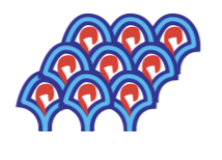
P1
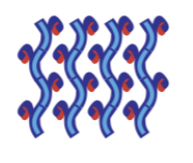
pg
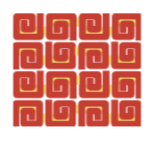
pgg
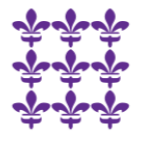
pm

cm
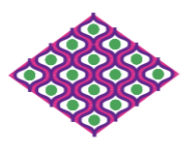
cmm
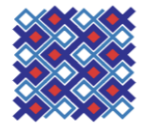
pmg
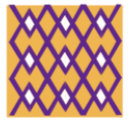
p2
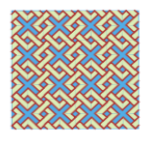
p4
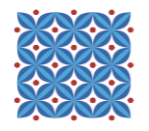
p4m
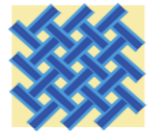
p4g
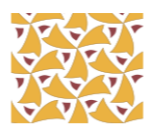
p3
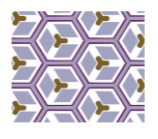
p3m1
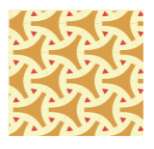
p31m
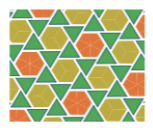
p6
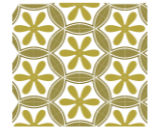
p6m
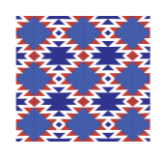
pmm
Language
is a systematic means of communicating by the use of of sounds or conventional symbols. and a code humans use as a form of expressing themselves and communicating with others.
Language components
vocabulary, grammar, community of people, range of meaning
Noun
name given to object of interest
Sentence
must state a complete thought
Expression
name given to mathematical object of interest
Precise
It can make very fine distinctions or definition among set of mathematical symbols. That is, it removes all ambiguity.
Concise
It can express otherwise long exposition or sentence briefly using language of mathematics. That is, it says alot with very little
Powerful
One can express complex thoughts with relative ease
Preposition
is a declarative that is either true or false, but not both.
Simple preposition
is a preposition that conveys one thought with no connecting words.
Compound preposition
is a preposition containing (declarative) sentences that are combined together with connecting words.
Tautology
is a statement that is always true
Self-contradiction
is a statement that is always false
Existential Quantifiers
The word some and the phrases there exist and at least one
Universal Quantifiers
The word none, no, all and every
Negation
not p, ¬ p
Conjunction
p and q, p∧q
Disjunction
p or q, p∨q
Conditional
if p, then q, p ⇒ q
Biconditional
p if and only if q, p ⇔ q
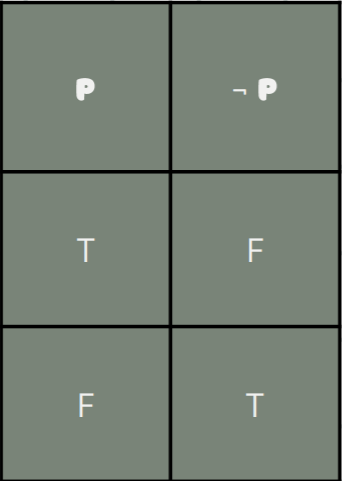
Negation
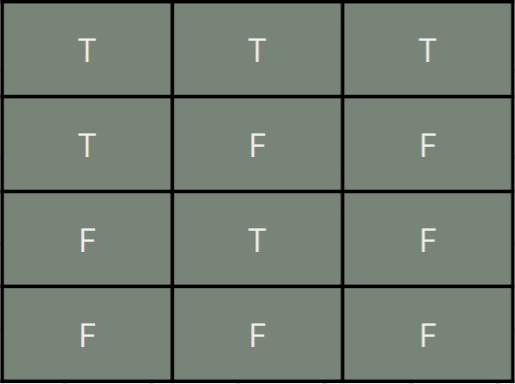
Conjunction
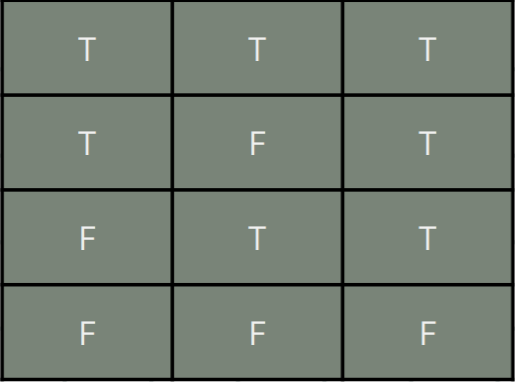
Disjunction
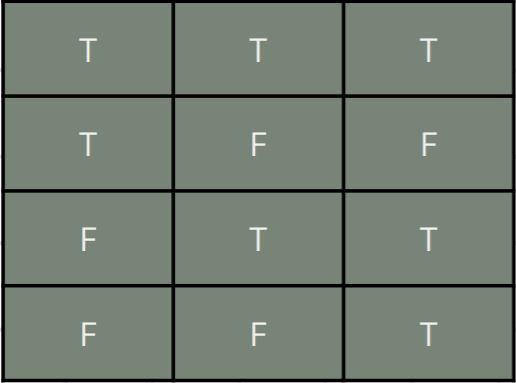
Conditional
Converse
p ⇒ q is q ⇒ p
Inverse
p ⇒ q is ¬p ⇒ ¬q
Contrapositive
p ⇒ q is ¬q ⇒ ¬p
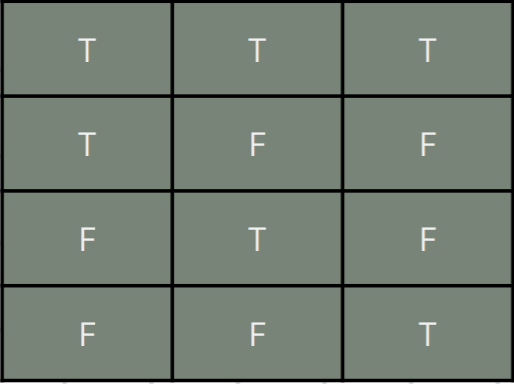
Biconditional